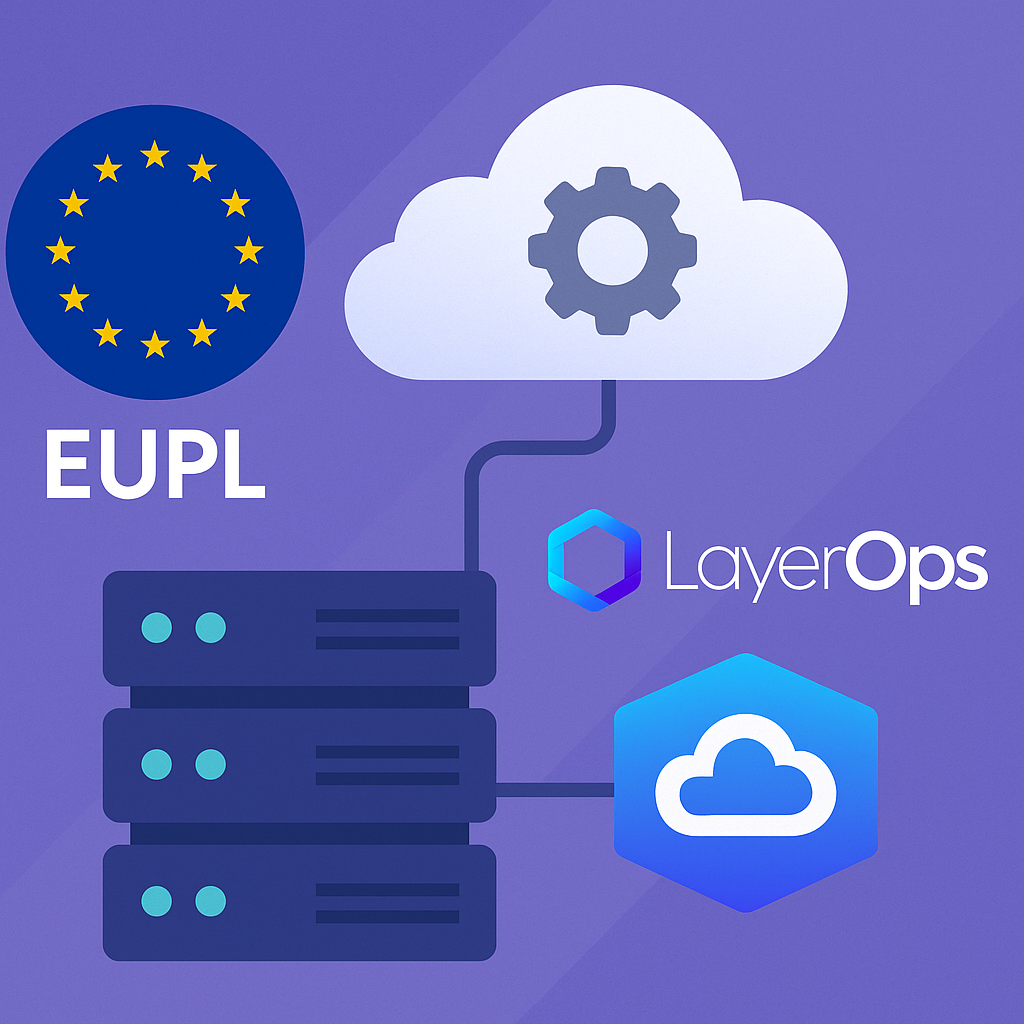Why EUPL matters for Europe's digital autonomy

In the growing conversation around digital sovereignty, licensing is often overlooked. Yet, the type of license under which software is released can determine who really has control, who can reuse it, and whether it can truly support an open, collaborative European digital ecosystem.
That’s where the European Union Public Licence (EUPL) comes in. Unlike more commonly known open source licenses like the MIT or Apache, the EUPL is explicitly designed to align with European legal frameworks, ensure compatibility with EU law, and promote reuse within public administrations and beyond.
What makes EUPL different?
The EUPL is not just another open source license. It was developed by the European Commission to ensure that software developed with public money can remain truly open, reusable, and legally secure across all EU member states. It guarantees strong copyleft protection while remaining interoperable with many major licenses.
By encouraging code sharing between European institutions and companies, the EUPL strengthens our capacity to build and operate digital tools that are not subject to foreign jurisdictions or ambiguous terms dictated by non-EU legal systems.
So where does LayerOps come in?
LayerOps is a CaaS (Container-as-a-Service) platform designed and hosted in Europe, with a clear mission: to make multi-cloud and hybrid cloud infrastructure accessible, resilient, and sovereign. While LayerOps itself is a commercial product, its approach is perfectly aligned with the principles behind the EUPL:
- Portability of services: Users can deploy containerized applications across multiple European cloud providers — reducing dependency on any single vendor.
- Multi-supplier resilience: With features like multi-cloud failover and load balancers that span across different providers, LayerOps helps ensure uptime even if a provider goes down.
- Sovereign control: Customers can host workloads on European infrastructures, including sovereign cloud actors that comply with national security certifications.
Exploring a post-Kubernetes future — under EUPL
LayerOps is also actively exploring the development of a lightweight orchestration alternative to Kubernetes, fully governed and licensed under the EUPL. While Kubernetes has become a de facto standard in cloud-native deployments, it comes with a significant learning curve, operational complexity, and a governance model heavily influenced by large non-European vendors.
By building an orchestration engine that is simpler, modular, and adapted to multi-provider, hybrid cloud environments, LayerOps aims to offer European organizations a truly sovereign alternative — one that reflects both technical pragmatism and licensing alignment with EU values. This project is still in the early stages, but it reflects a broader ambition: creating an ecosystem where cloud infrastructure can evolve independently of foreign dependencies, without sacrificing performance or flexibility.
Building the bridge
The future of European digital infrastructure needs both open governance and trusted platforms that respect sovereignty by design. While the EUPL ensures that the software stack remains reusable and governed under EU law, platforms like LayerOps provide the operational capabilities to run these services in a federated, distributed, and resilient way.
If Europe wants to lead with its own standards, it must promote solutions that combine technical excellence with legal and strategic independence. The EUPL is the legal tool — LayerOps is one of the infrastructure bricks that help build this future.
—
🔗 Learn more about the EUPL: https://joinup.ec.europa.eu/collection/eupl
🌍 Discover LayerOps: https://www.layerops.io